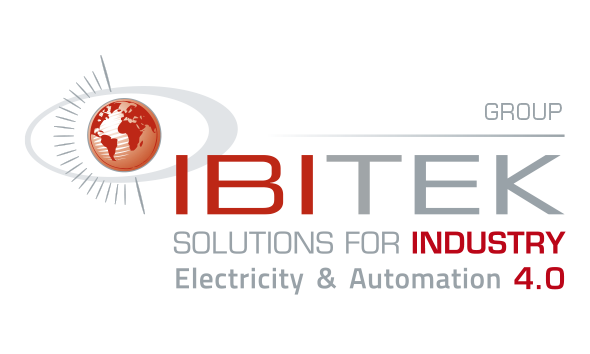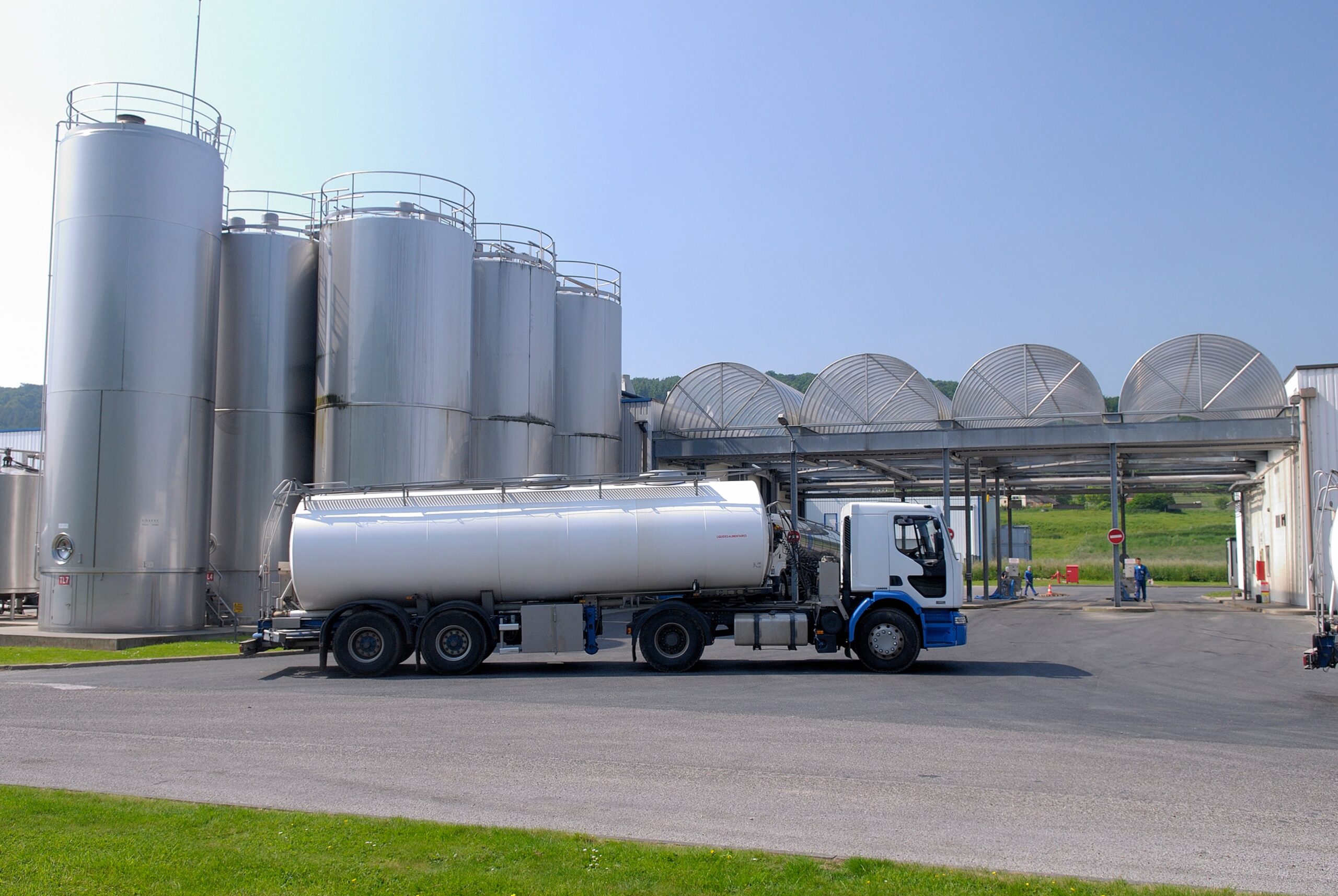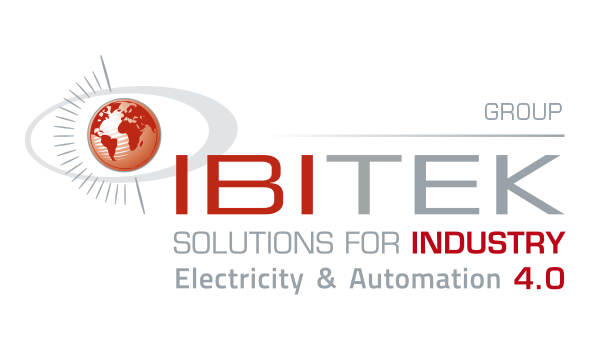The Internet of Things (IoT) has revolutionized our daily life thanks to connected objects (smart TV, connected watch…). In recent years, these devices have been applied in the field of industrial production. This is the Internet of Industrial Things (IIoT) or Industrial IoT which brings multiple benefits in the manufacturing industry. Between the simplification of production chain processes and the significant reduction of operating costs, this technology is a guarantee of performance for factories. IBITEK, creator of the IBICube industrial remote maintenance solution, explains the boon that IIoT represents for companies and product manufacturers.
IoT: definition
IoT refers to devices (sensors, software…) that are remotely connected via the internet in order to collect and share information from a physical environment. According to some data, there are nearly 22 billion IoT in the world.
The application of IoT allows the automation of tasks to achieve a higher quality and high value-added work, especially in the industrial sector or even public services (railroads …).
Industrial automation is often considered as one of the fourth industrial revolutions (in connection with the latest digital transformations).
Example of connected objects and sensors for industrial companies
Connected objects and sensors for industrial companies include temperature sensors, motion detectors, leak detectors, energy meters, etc. Companies can monitor and analyze the data collected by these sensors to improve their processes and identify potential problems.
What’s the difference between IoT and IIoT?
The industrial internet of things is a derivative of the IoT. It refers to a system of sensors, devices, equipment and industrial machines connected through management applications. In practical terms, IIoT is connectivity achieved between machines, systems and people. It is part of a digital transformation process.
Ultimately, the major difference between IIoT and IoT solutions is that the former is tailored to the industrial world. When it comes to industrial IoT, we talk about Industry 4.0 and this influences process management, inventory management and manufacturing chains.
IIoT technologies and platforms for industry
IIoT offers several advantages for factories, industries or production units. The implementation of this technology in a company allows it to solve many problems (logistics, inventory management, maintenance of facilities, optimization of customer relations). The application of this solution therefore represents a new revenue opportunity in the industrial environment.
Improve the company’s productivity
One of the main benefits of IIoT for factories is that this technology allows them to increase their productivity in the short to medium term. One of the reasons for this is that connected objects provide good information about consumers and the market. This data is then used to improve and optimize the production of the factory and the supply chain. The frequency of use chosen by IoT experts is something that will have a strong impact.
IoT devices allow employees to complete their tasks in a short period of time (improving operational efficiency). They also help optimize manual processes, while improving the efficiency of robotic and supply chain tasks. Similarly, industrial connected objects optimize assets by spotting underperformance on a line. Thanks to the IoT, the speed of a production line experiences a significant increase. IIoT is a serious challenge in the market today.
Optimize maintenance of production equipment
The maintenance of production tools is one of the biggest challenges in factories. Indeed, if a failure occurs in the supply chain and more particularly in the production machines, this malfunction could paralyze the whole system. IoT devices now allow companies to solve this important problem.
In concrete terms, the Internet of Industrial Things has multiple important functions and therefore allows to :
- Identify the signs of a breakdown on one or more devices,
- Launch a proactive intervention procedure,
- Schedule an intervention at the best time…
This predictive maintenance has the particular merit of avoiding stoppages or interruptions in the manufacturing process. Industrial IoT facilitates the implementation of intelligent diagnostics. These are made possible by IoT sensors that generate very useful data for maintenance teams. For example, these smart tools can perform advanced analysis to detect parts that need to be replaced urgently. In some cases, IIoT can even start machine repairs before the technician arrives on site.
Reduce production costs
Connected industrial objects allow manufacturing companies to significantly lower production costs. This is due to the automation of the majority of tasks, which saves the budget reserved for labor. Similarly, manufacturing cost optimization is also a consequence of reduced downtime and efficient use of resources.
In addition, factories save money as assembly lines use IIoT to self-diagnose and repair themselves.
Some companies are finally installing smart devices (e.g., meters) in their production units. These IIoT devices measure the consumption of the factory and each of its equipment in real time. They help identify the origin of leaks (water, gas…) and optimize energy consumption. In concrete terms, this allows companies to reduce their energy bills as well as their operating costs. A reduction in maintenance costs that is not negligible in the long term, especially in the industrial sector, which subsequently leads to an improved return on investment.
Improve tracking, inventory management and performance
Nowadays, industrial IoTs are effective in better tracking and managing inventory in product manufacturing plants. These tools are indeed equipped with multiple automation control options. Regardless of its size, every factory can install IoT software and devices in its storage units and warehouses.
This will allow to manage inventory changes. It also allows employees to focus their time and effort on more important tasks.
Leveraging trusted data to improve the consumer experience
Currently, collecting and sharing data is a major development asset for businesses. Thanks to IoT technologies, this task has become easier. In concrete terms, connected objects make it easier for factories to access consumer data. They track and record the patterns in which a user interacts with devices. Employees’ work is made easier by artificial intelligence.
On top of that, they improve the processing of the collected data. All of this allows them to take steps to improve product or service offerings to ensure a proper user experience for consumers. Industrial control is then facilitated.
Industrial IoT in France: applications in industry
The deployment of an IIoT project in an enterprise has several phases.
Establish a framework for reflection
The company’s leaders must first determine the objectives of the project. This will allow them to establish the list of data that will be collected thanks to the future IIoT network. Also, during this reflection stage, it is necessary to choose a communication protocol: 4G, 5G, M2M…
Careful decision making is particularly important if you want to succeed in your digital transformation and create new revenue opportunities in an industrial environment.
Define the technical scope of deployment
After this first phase, it will be necessary to clearly define the technical scope of the industrial IoT project deployment. For this, a concrete response must be provided to the following aspects:
- number of sensors to be installed,
- the sensor models,
- the degree of automation desired,
- the storage and processing mode of the information…
In relation to this last aspect, the company must choose an IIoT platform for data storage and analysis (big data).
Conduct a risk and safety analysis
The deployment of industrial connected objects necessarily implies certain security risks on the company’s premises. Managers must therefore analyze these risks and take appropriate measures in order not to damage industrial infrastructures and production systems, but also the safety of workers.
IIoT most often exposes the company’s equipment or data to new security threats (network sabotage attempts, ransomware attacks…). In this particular case, this situation could be solved by end-to-end encryption of the industrial environment.
Training of the plant staff
IIoT is a set of advanced technologies. Its implementation in the factory will thus require a phase of information and training for employees. In concrete terms, the company must explain its ambitions in terms of industrial IoT to its staff. Similarly, employees must be trained in the use of new tools and processes (sensors, connected glasses, tablets, smart meters, etc.).
Do you have questions about industrial IoT? You can contact us at +33 491 058 350.










